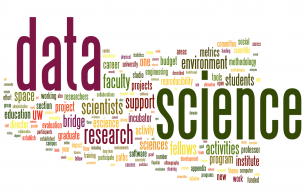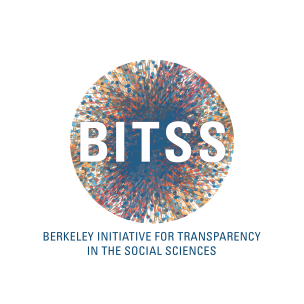Data Science Meets Social Science

All across the social sciences we can see a convergence around the ideals of openness and reproducibility. Over the past years, the injection of ways of thinking and working from scientific computing into social science research has helped develop an infrastructure to make this agenda possible. Version control, forking, and repositories sustain data-intensive, compute-heavy collaborative projects that go a long way toward managing the tensions of distance and perspective.
The social sciences are in the very earliest stages of exploring these tools, and they are just starting to think through what a truly open and collaborative community might be. The Berkeley Initiative for Transparency in the Social Sciences (BITSS) and the UC Berkeley D-Lab are bringing together leading social scientists and Silicon Valley professionals for an evening reception to discuss pathways of collaboration between these two worlds, and their increasing impact on society in the age of open science. Drinks and light appetizers will be served.


